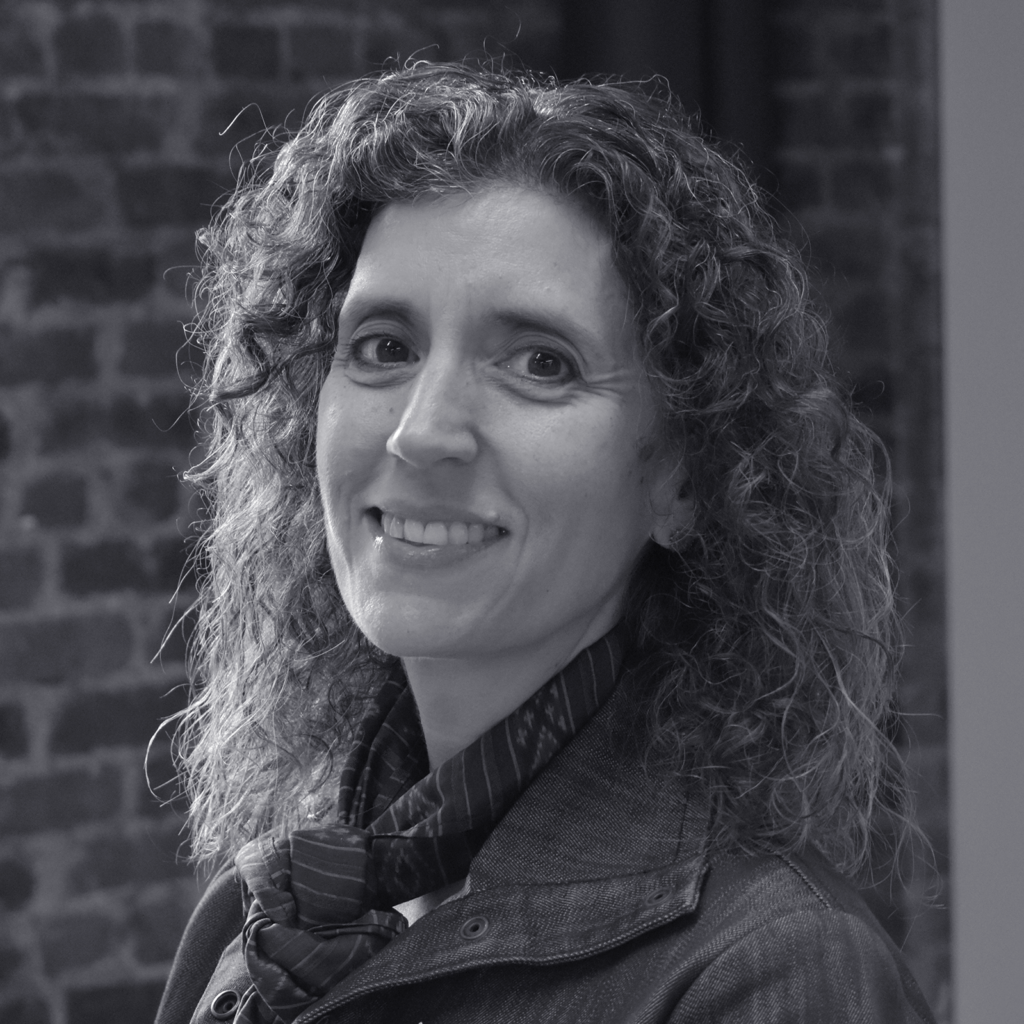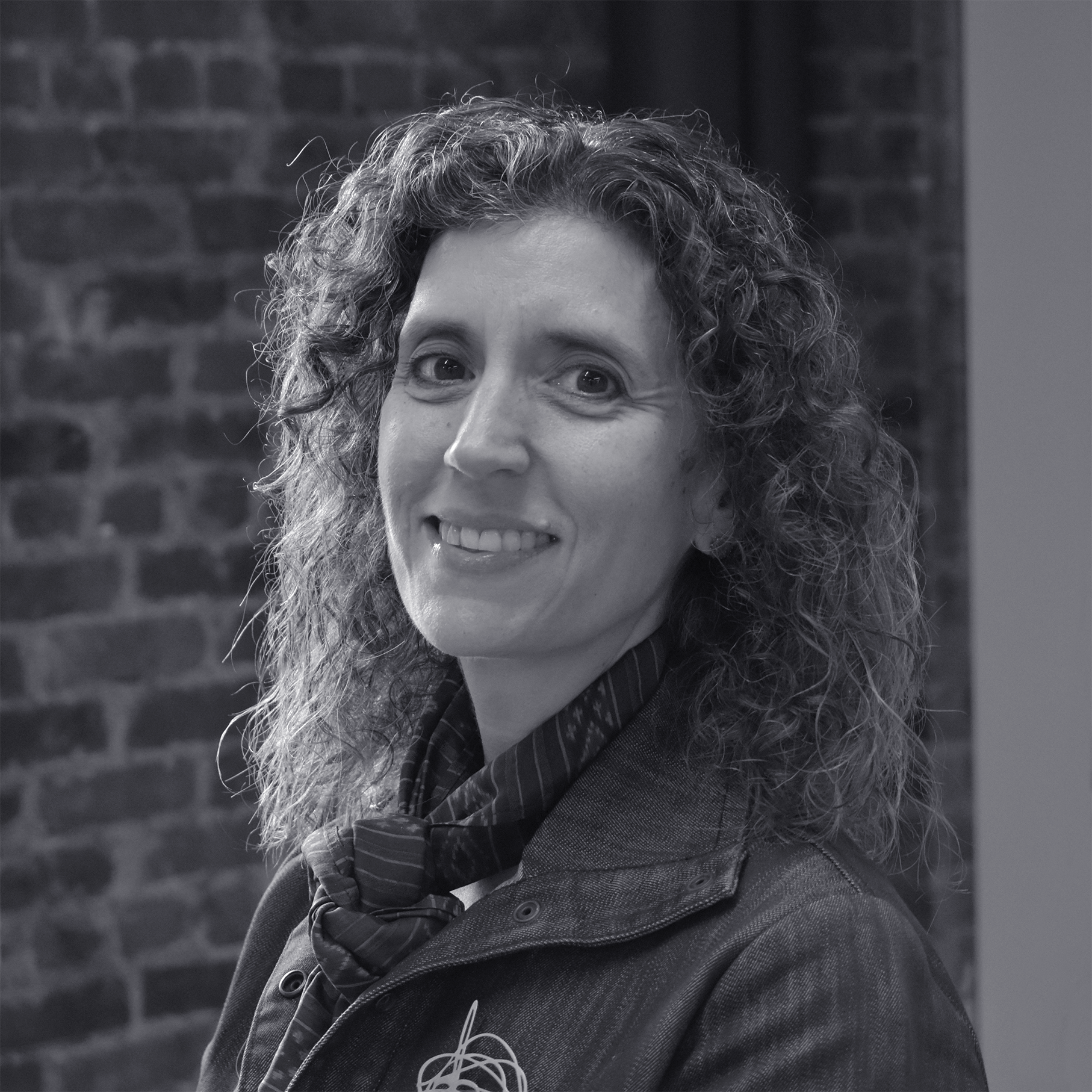Staff Spotlight: Mila Rosenthal, PhD
Mila Rosenthal, PhD leads the International Science Reserve, teaches at Columbia, and enjoys advocating for the climate in her free time.

Tell us what you do for the Academy.
I run a fairly new initiative, the International Science Reserve (ISR), an open network of scientists and institutions that want to get involved in responding to large, complex, cross-border crises, like climate-linked disasters or the next pandemic. One lesson from COVID was that if a disaster is big enough, people really want to get involved. The ISR is one way to facilitate that involvement, to connect networks, and to encourage a readiness mindset – to be prepared in advance. That’s the idea of a reserve, that can be called into action.
What has — so far — been your proudest accomplishment working for the Academy?
My proudest accomplishment is that the International Science Reserve network is diverse and based on principles of human rights and equity: the network represents over 100 countries and more than half of those are poor and middle-income countries. Responding to a global crisis, we need the full participation of everyone, particularly the people who live in countries that are suffering the worst impacts of climate-related disasters or public health challenges.
We need to make sure that their voices and experience help shape our crisis responses. I’m proud that we’ve designed the International Science Reserve to offer scientists and institutions from less-resourced contexts the opportunity to actively collaborate across borders – and gives them access to the best resources available– so they can help create solutions that take account of how they affect their own communities and countries.
Tell us about your STEM journey. How did you first become interested in science? How did you get to where you are today?
I am a social scientist. My PhD is in anthropology. There’s a funny debate about whether that’s a STEM field or not, sometimes depending on how our research methods and quantitative capacities are applied. My journey to anthropology came from living in Japan and Cambodia in my twenties. There’s a general idea that if you live in a foreign country or are an outsider in a community, that you get to know the society and culture just by being in and around it. But I always wanted to know more.
I was fascinated by the idea that there was a real field of study and methods of analysis to pursue a deeper understanding of how people construct meaning collectively. Then once I started applying what I learned, I realized how important it is for social and behavioral sciences to be part of the investigation of any complex problem that affects humans – that is, any complex problem that matters! – and need to be integrated better with other STEM fields.
Why, in general, are you proud to work for the Academy?
I am constantly impressed by the commitment of the Academy’s staff and leadership to the mission of science for the public good. I appreciate the Academy’s enthusiasm for supporting meaningful scientific and technical progress that contributes to society, while understanding that this also means contributing to important policy issues around standards and uses for new developments.
Why do you think science is so important to society?
Wow, I have nothing original to say on that question! In essence humans don’t exist in society very much without science (and technology) at the most basic level. Without it, we would be pretty much just our animal selves out in the wild. To be fair, sometimes I think that might have been a better outcome, when I look at the environmental and atmospheric destruction that human society has caused, with how we’ve used and misused our science and technology – like the chemistry that brought us plastic! Science is not always good for society and it’s definitely not always better for the natural world and the planet we all have to live on.
Which scientist (or scientists) would you most like to have dinner with and why?
Zora Neale Hurston. Lots of people know her as a great American novelist, but don’t know that she studied anthropology as a graduate student at Columbia University in the 1920s. She originally undertook her study of southern African-American folklore as fieldwork research, then incorporated it into novels like “Their Eyes Were Watching God.”
She was one of the few Black students at Columbia at the time and one of a handful of women there who were pioneers in the new field of anthropology, like Margaret Mead and Ruth Benedict. They were all gifted storytellers, so they were able to communicate their research to wide audiences and open up space for new thinking about race, sex, and gender. That was science with a real impact. I’m inspired by the genius and grit of all of them.
What hobbies or interests do you have outside of work?
I spend a fair amount of time outside of work the same way I spend at work: trying to figure out how I can help in the struggle against climate change and its impact on people. So outside of work I am a campaigner and I’m part of different groups working on climate issues. I teach a class at Columbia on climate advocacy. Is activism a hobby?
Read more about impactful Academy staff members:
